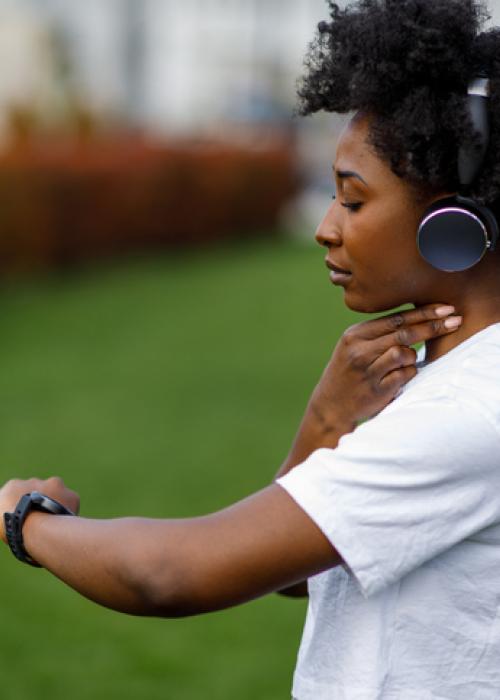What is urinary incontinence?
Urinary incontinence is a loss of bladder control that often occurs as you age. Urine leakage can happen occasionally, like when you sneeze or cough, or happen more frequently to the extent that you cannot get to a bathroom in time.
“Although very common, urinary incontinence can impact your quality of life if it occurs often and is left untreated,” said John Hansen, MD, Catholic Health Urologist. “Talk to your primary care physician to discuss your symptoms. You can be recommended to a urologist for further evaluation.”
What causes urinary incontinence?
“Urinary incontinence can be caused by lifestyle habits, medical conditions and physical changes to the body,” said Dr. Hansen.
Common causes include:
- Diabetes
- Enlarged prostate in men
- Neurologic conditions that interfere with the body’s nerve signals
- Obesity
- Urinary tract infections
- Constipation
- Weak pelvic floor muscles
- Pregnancy and childbirth
- Menopause
- Taking certain medications like blood pressure medications and muscle relaxants
What are the types of urinary incontinence?
Functional incontinence. A physical or mental concern may prevent you from getting to the bathroom in time.
Overflow incontinence. The bladder has trouble emptying and becomes so full it cannot hold any more urine, causing urine to leak.
Stress incontinence. Urine leaks due to sneezing, laughing, coughing or lifting heavy items.
Urge incontinence. Also called overactive bladder, a sudden urge to urinate makes it difficult to reach a bathroom in time.
What are the risk factors for urinary incontinence?
Risk factors include:
- Gender
- Age
- Weight
- Smoking
- Family history
- Existing medical conditions like diabetes
When should I see a doctor for urinary incontinence?
“If you are experiencing frequent bladder control issues, especially if you are having trouble making it to a bathroom in time, it is important to make an appointment with your doctor to review your symptoms, the likely causes, and treatment plans,” said Dr. Hansen.
Your doctor will review your medical history and conduct a physical exam. A urine sample will be taken so a urinalysis can determine if you have an infection, blood in the urine or other concern. You may also be asked to keep a journal to track how much you drink, how often you feel the need to urinate, and how often you go to the bathroom.
“Speak openly with your doctor so you can get diagnosed and start the best treatment for you,” said Dr. Hansen. “Talking about bladder issues should not make you feel uncomfortable or embarrassed. Your doctor wants you to live a high quality of life without the interference of urinary incontinence.”
How is urinary incontinence treated?
Treatments for urinary incontinence depend on the type you have.
Lifestyle and behavioral treatments
- Maintain a healthy weight
- Exercise regularly
- Exercise includes pelvic floor exercises, also called Kegel exercises, to strengthen your urinary sphincter muscles and pelvic floor muscles. Your doctor can guide you on how to do these exercises.
- Avoid alcohol, caffeine, spicy foods and foods with high acidity.
- Do not smoke
- Bladder training. The goal is to train yourself to delay urination when you feel the urge to go. Your doctor will advise you on how to begin and build up to lengthen the time between bathroom visits.
- Limit drinks before bedtime.
- Wear an absorbent pad (or place one on your bed) until the urinary incontinence is better managed.
Medical and Surgical Intervention
- Bladder sling
- Medications
- Medical devices, including a pessary or a catheter to manage urine flow
- Nerve stimulation to control your bladder reflexes
- Botox in the bladder
“We will always look at non-surgical interventions first,” said Dr. Hansen. “For some patients, however, urinary incontinence will require more advanced treatment like surgical intervention.”






